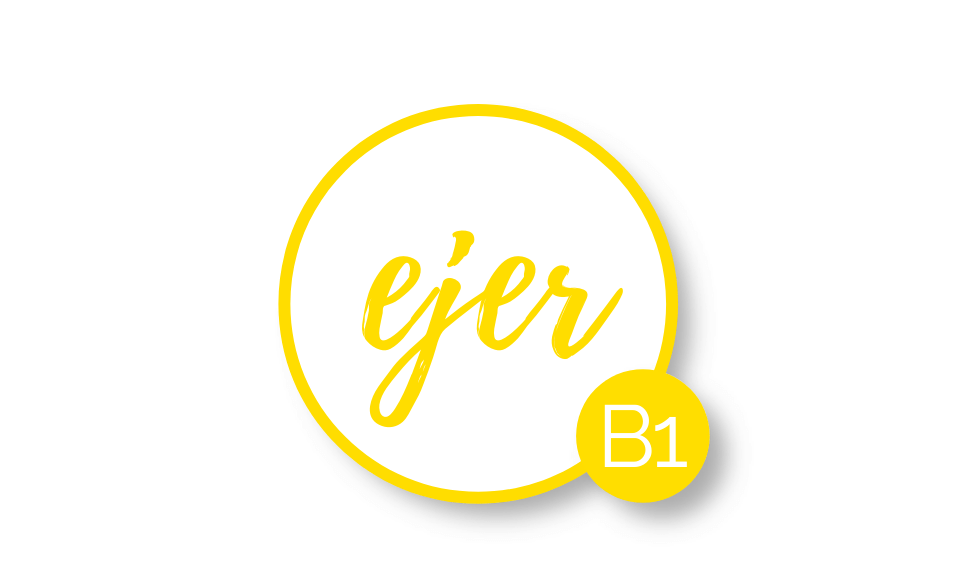En la lección gbeg#26 vimos cómo se dice hay en inglés, que puede ser there is —para singular e incontables— y there are —para plurales. Ahora vamos a ver cómo se dice había en inglés.

Para que te resulte más fácil, quizás necesites repasar el pasado del verbo to be y la lección sobre cómo se dice hay. No dejes de consultarlas para no tener ninguna duda.
there was & there were
Vamos a partir del presente —hay— que ya sabemos cómo funciona.
| There is a cat | Hay un gato | singular |
| There are some cats | Hay unos gatos | plural |
| There is some sugar | Hay algo de azúcar | incontable |
Para hacer el pasado, simplemente se usa el pasado del verbo to be en lugar del presente. There sigue igual, no se cambia nada más.
there was |
|
había |
singular |
there were |
|
había |
plural |
| There was a cat | Había un gato | singular |
| There were some cats | Había unos gatos | plural |
| There was some sugar | Había algo de azúcar | incontable |
Ten en cuenta que en español tenemos dos pasados simples —pretérito perfecto simple e imperfecto— pero en inglés solo hay uno. Por tanto, existen dos traducciones posibles en español —había y hubo.
| There was a problem yesterday | Ayer hubo un problema |
| There were many people | Había mucha gente |
En pasado, sigue existiendo la misma diferencia entre singular y plural que existe en presente. Además, recuerda que there is se utiliza con incontables, por tanto también there was se usa con incontables.
| There was somebody at the door | Había alguien en la puerta |
| There were many problems | Había muchos problemas |
| There was enough food for everybody | Hubo suficiente comida para todo el mundo |
| Was there any information about it? | ¿Había información al respecto? |
Asimismo, la interrogativa y la negativa se hacen igualmente siguiendo las reglas del verbo to be.
Interrogativa — intercambiando la posición con el sujeto.
| Was there any problem? | ¿Hubo algún problema? |
| Were there any students in my office? | ¿Había algún estudiante en mi oficina? |
| Was there anything important? | ¿Había algo importante? |
| Were there enough people? | ¿Había suficiente gente? |
Negativa — añadiendo not al verbo to be.
| No, there wasn’t any | No, no había nada |
| There wasn’t enough money for doing | No había suficiente dinero para hacerlo |
| There wasn’t any present for him | No había ningún regalo para él |
| No, there weren’t any | No, no había ninguno |
| There weren’t enough t-shirts | No había suficientes camisetas |
Obviamente en inglés también se dice habrá, ha habido, había habido o habría… Si te pica la curiosidad y no puedes esperar, aquí tienes la lección de nivel B2 y C1 que te explica cómo se dice todo esto en inglés.
ejercicios
- todos
- rellenar
- traducir

